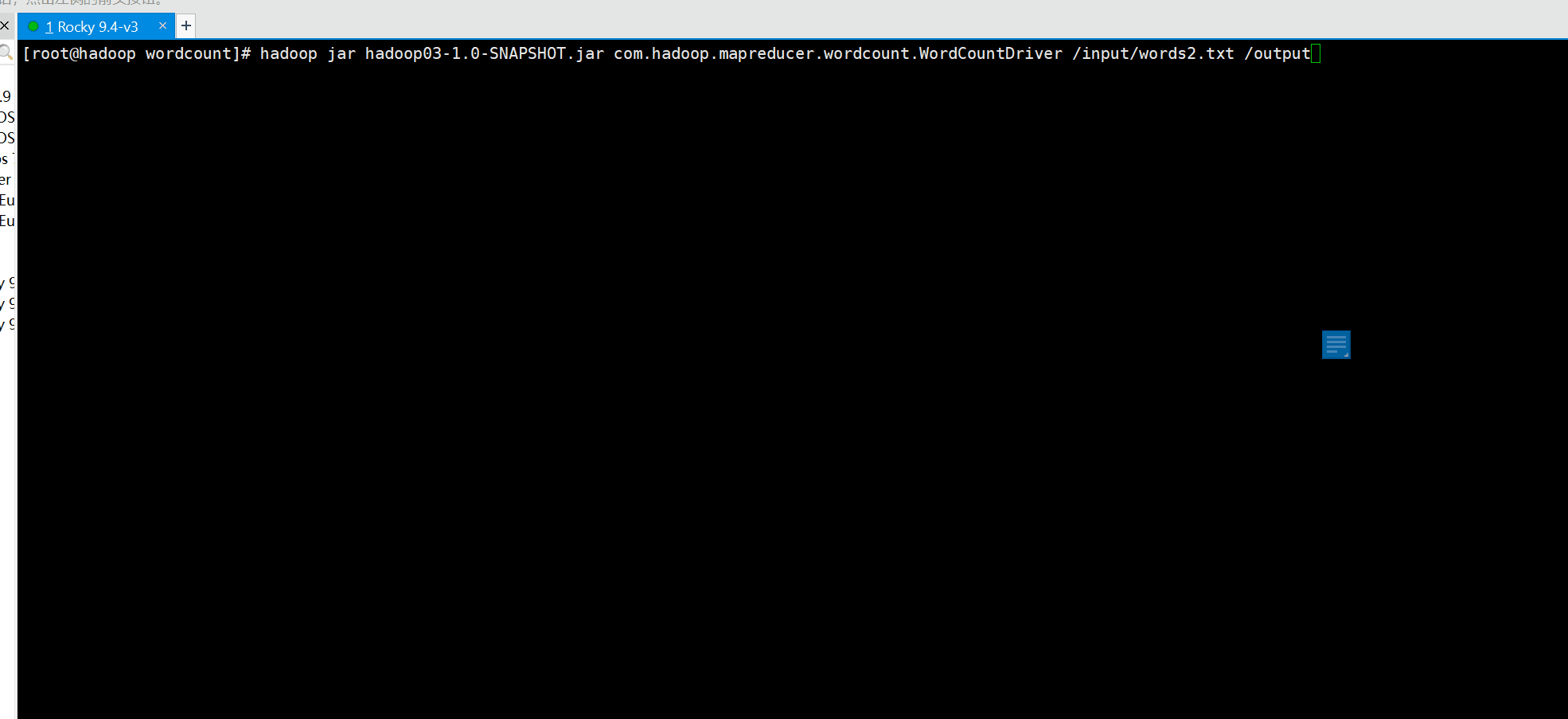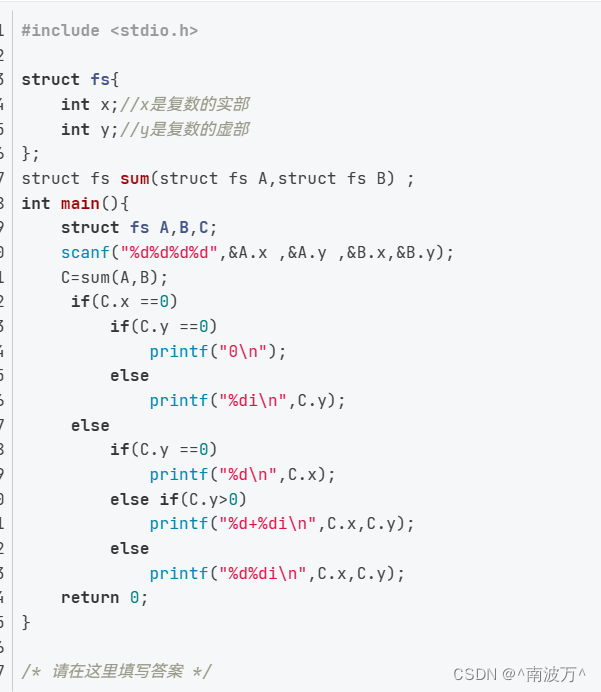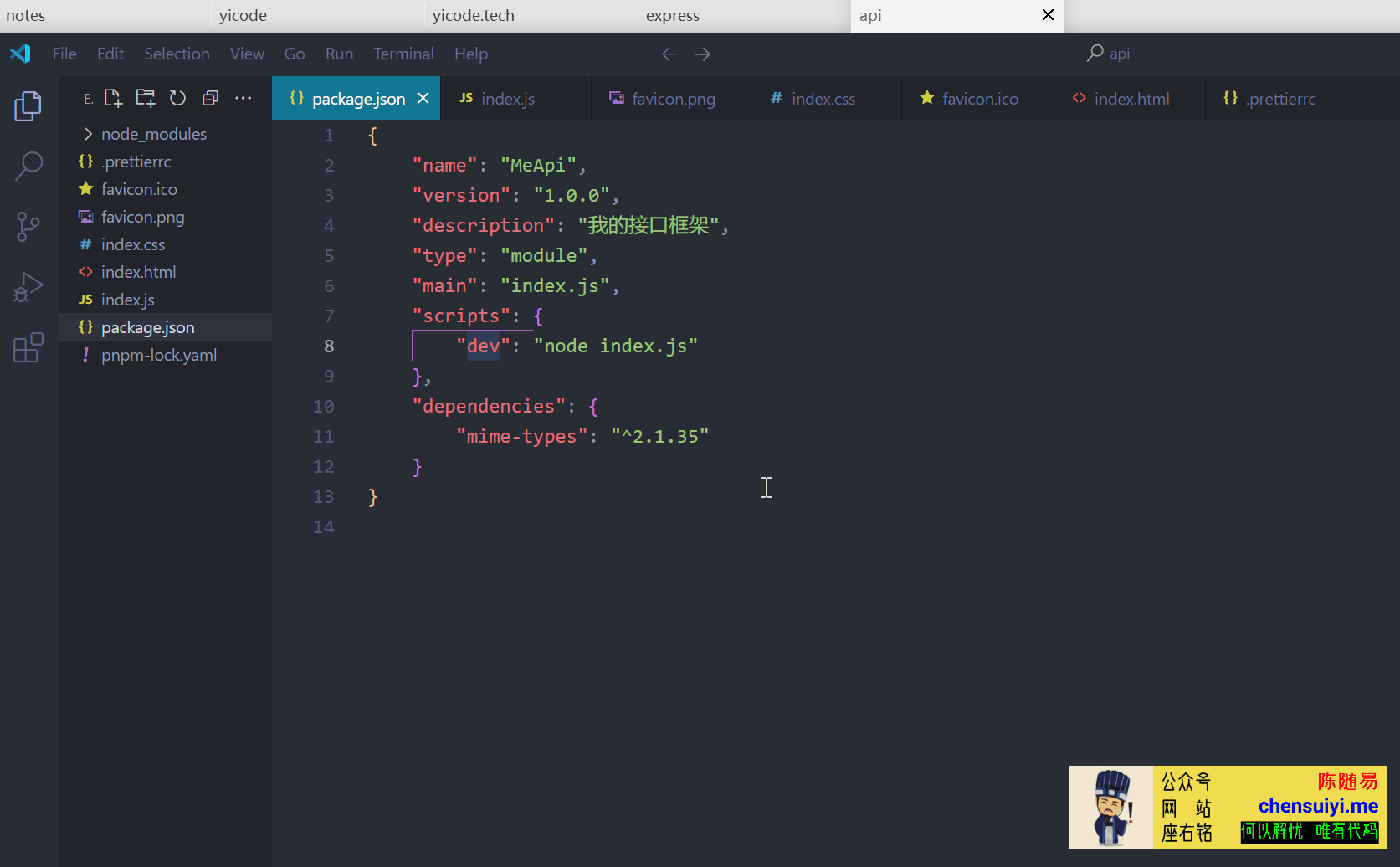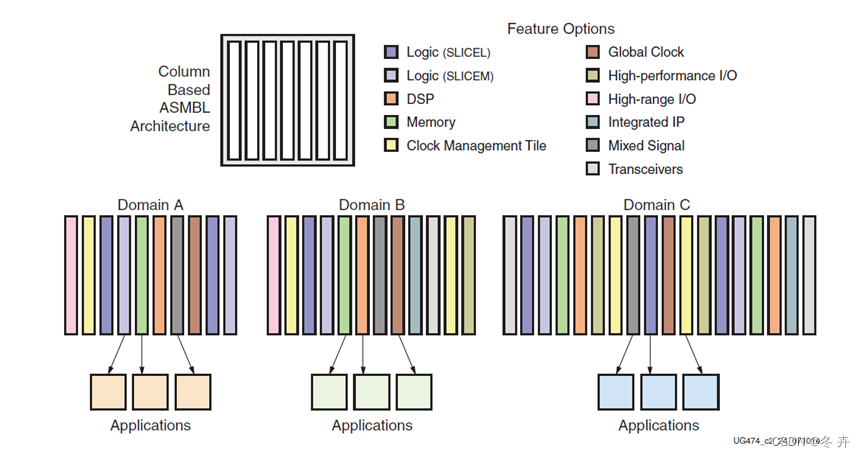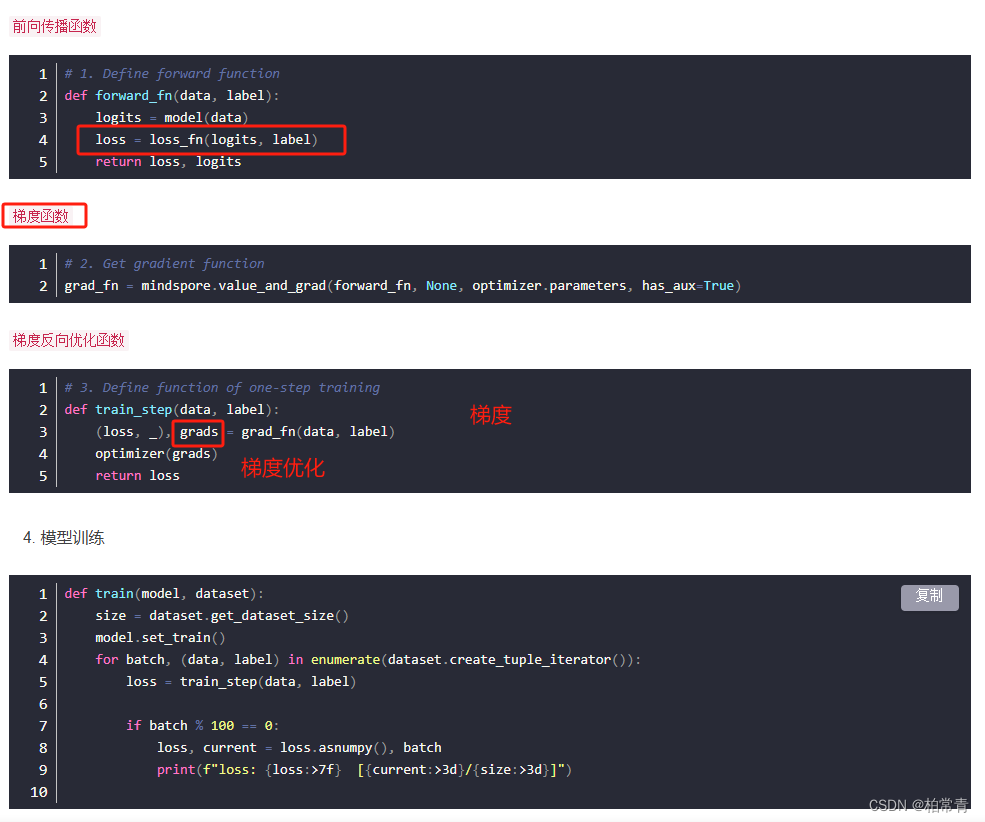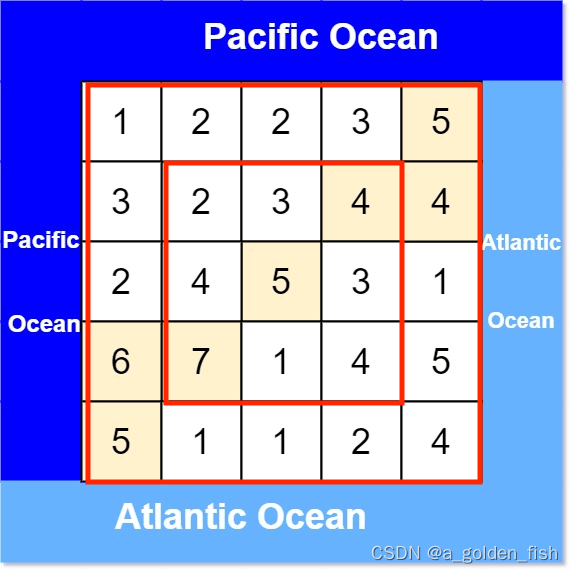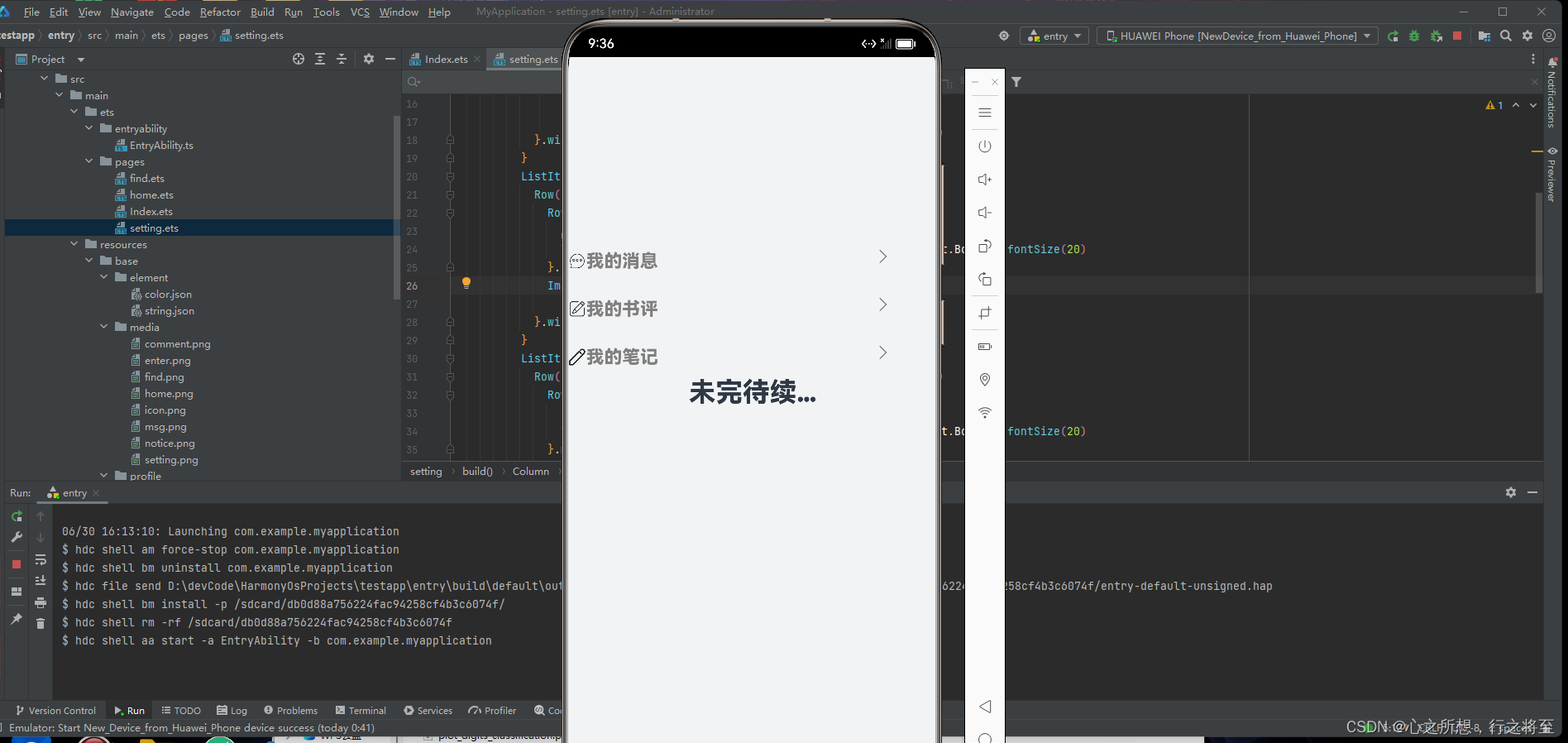Description
斐波那契数列即 1, 1, 2, 3, 5...,�(�)=�(�−1)+�(�−2) 。求斐波那契数列第 n 项
Input
每组数据给出 1≤�≤109 。
Output
斐波那契数列第 n 项 对 109+7 取模
Sample
#0
Input
Copy
1 2 20 100000000
Output
Copy
1 1 6765 908460138
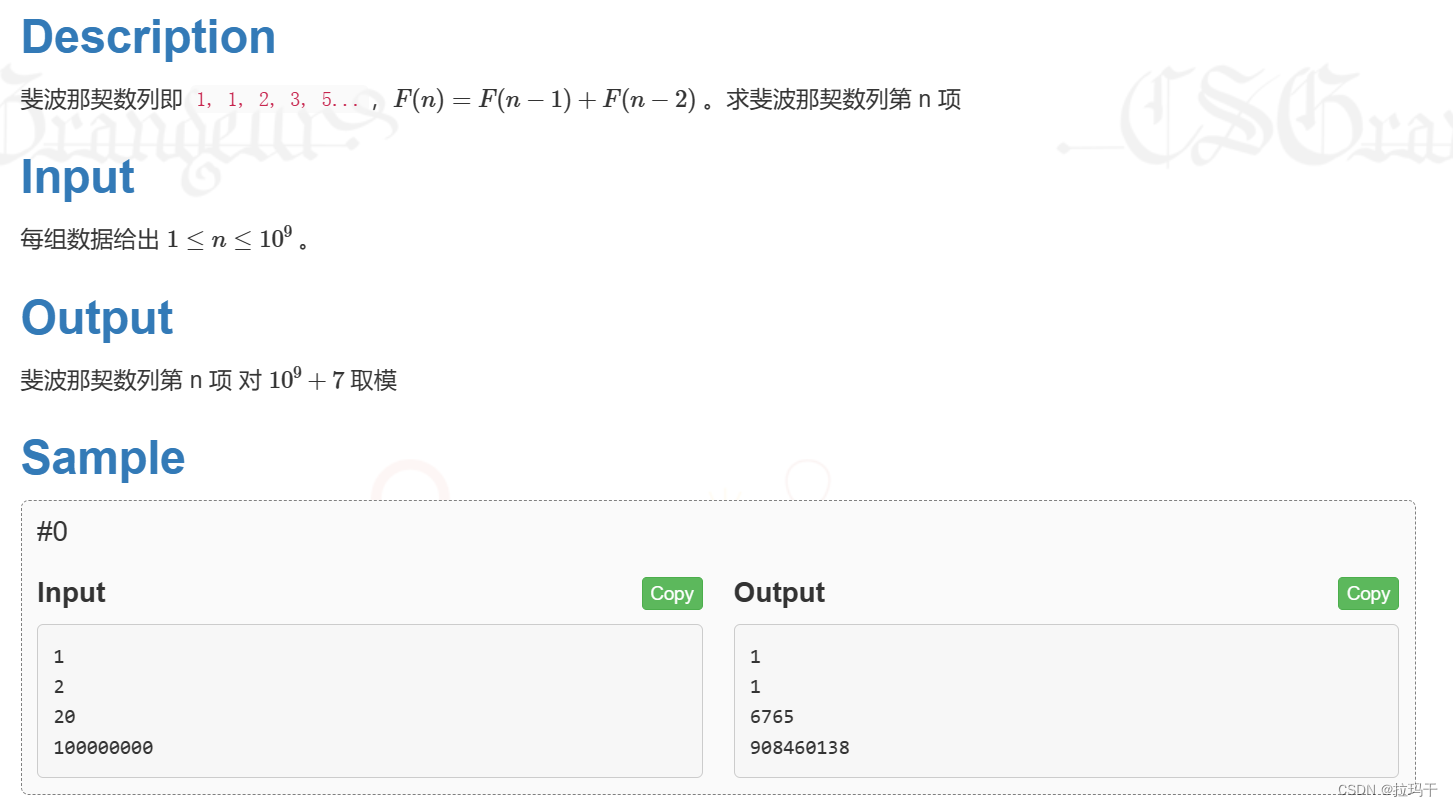
代码有点丑陋,思路就是矩阵快速幂
#include <iostream>
using namespace std;
#include <cmath>
long long mod = 1e9 + 7;
long long quickPow(long long n, long long mod)
{
long long a[4][4], now[4][4];
a[1][1] = 1;
a[1][2] = 0;
a[2][1] = 0;
a[2][2] = 1;
now[1][1] = 0;
now[1][2] = 1;
now[2][1] = 1;
now[2][2] = 1;
long long temp[4][4];
while (n > 0)
{
// cout << now[1][1] << " " << now[1][2] << endl;
// cout << now[2][1] << " " << now[2][2] << endl;
if (n % 2 == 1)
{
// a=a*now
temp[1][1] = a[1][1];
temp[1][2] = a[1][2];
temp[2][1] = a[2][1];
temp[2][2] = a[2][2];
a[1][1] = ((temp[1][1] * now[1][1]) % mod + (temp[1][2] * now[2][1]) % mod) % mod;
a[1][2] = ((temp[1][1] * now[1][2]) % mod + (temp[1][2] * now[2][2]) % mod) % mod;
a[2][1] = ((temp[2][1] * now[1][1]) % mod + (temp[2][2] * now[2][1]) % mod) % mod;
a[2][2] = ((temp[2][1] * now[1][2]) % mod + (temp[2][2] * now[2][2]) % mod) % mod;
// cout << a[1][1] << " " << a[1][2] << endl;
// cout << a[2][1] << " " << a[2][2] << endl;
}
// now=now*now
temp[1][1] = now[1][1];
temp[1][2] = now[1][2];
temp[2][1] = now[2][1];
temp[2][2] = now[2][2];
now[1][1] = ((temp[1][1] * temp[1][1]) % mod + (temp[1][2] * temp[2][1]) % mod) % mod;
now[1][2] = ((temp[1][1] * temp[1][2]) % mod + (temp[1][2] * temp[2][2]) % mod) % mod;
now[2][1] = ((temp[2][1] * temp[1][1]) % mod + (temp[2][2] * temp[2][1]) % mod) % mod;
now[2][2] = ((temp[2][1] * temp[1][2]) % mod + (temp[2][2] * temp[2][2]) % mod) % mod;
n >>= 1;
}
return a[2][2];
}
int main()
{
long long n;
while (cin >> n)
{
cout << quickPow(n - 1, mod) << endl;
}
return 0;
}